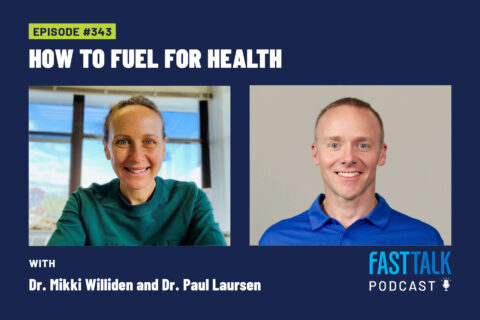
How to Fuel for Health
There’s an important difference between fueling for performance and fueling for health. In this episode, Dr. Mikki Williden and Dr. Paul Laursen give their suggestions on how to fuel for health.
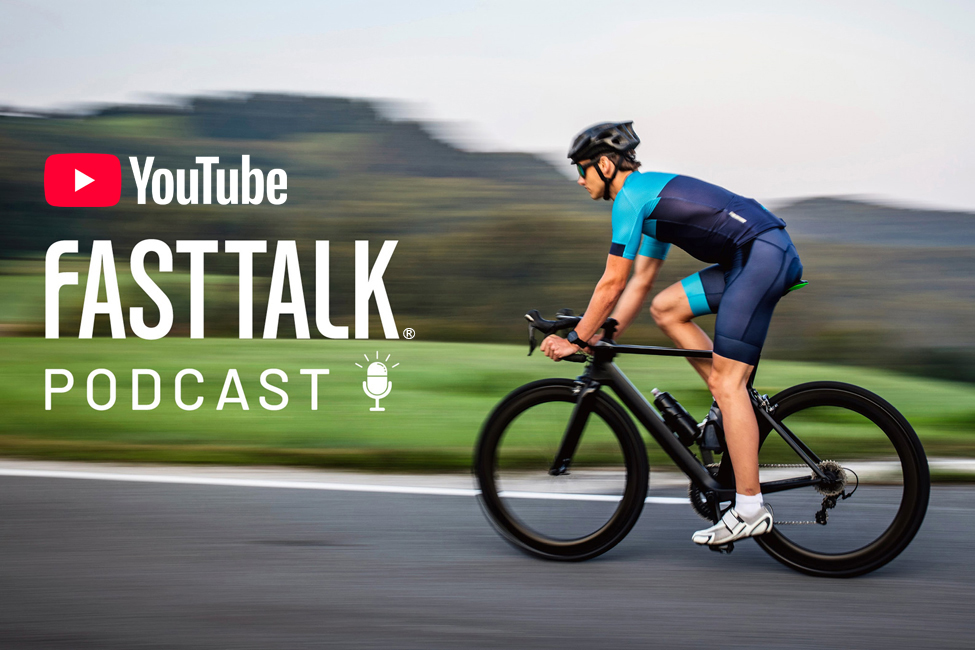
The Fast Talk Podcast focuses on the science of endurance sports in a conversational and informative style. Mixed into the deep discussions, there are tips and takeaways regarding endurance training philosophy, human physiology, workout design, performance nutrition, and sport psychology.
Our hosts Trevor Connor, Chris Case, and Griffin McMath explore these topics with world-class, leading experts on endurance sports. These include researchers like Dr. Stephen Seiler, Dr. Bent Ronnestand, Dr. Inigo San Millan, as well as coaches such as Joe Friel, Neal Henderson, Stacy Sims, and Grant Holicky.
Subscribe to Fast Talk for over 389 episodes on Apple Podcasts, Overcast, Soundcloud, Spotify, Stitcher, or wherever you get your podcasts.
Fast Talk Podcast is now on YouTube! Subscribe now to get 100+ of our best episodes, new releases, and featured videos.

There’s an important difference between fueling for performance and fueling for health. In this episode, Dr. Mikki Williden and Dr. Paul Laursen give their suggestions on how to fuel for health.
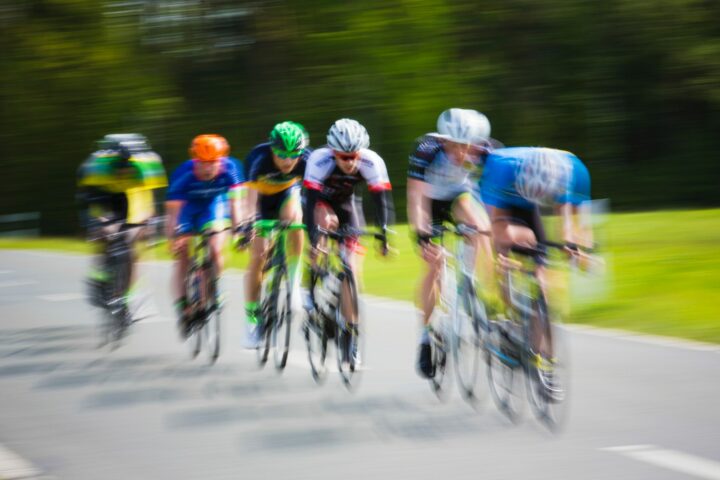
High-intensity training offers many benefits. It also has limitations. We explore just how much HIT work you need to perform at your best.
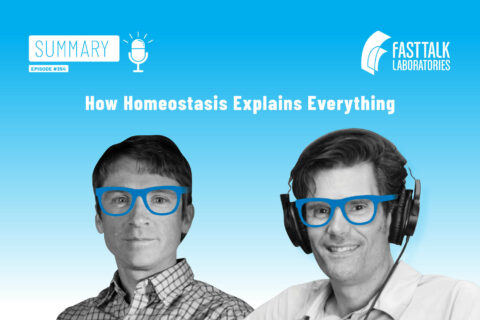
In this summary episode we discuss how homeostasis is at the core of almost every function in our bodies, including how we train and stay healthy.
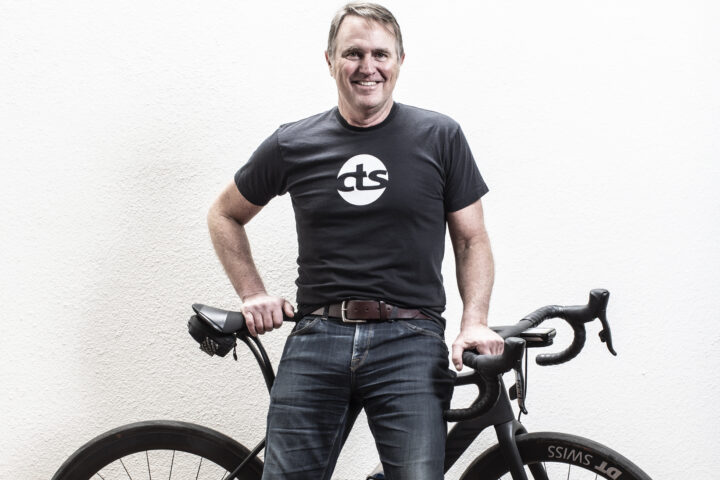
The author of “The Time-Crunched Cyclist” joins Fast Talk to discuss the science, merits, and limitations of the time-crunched training method.
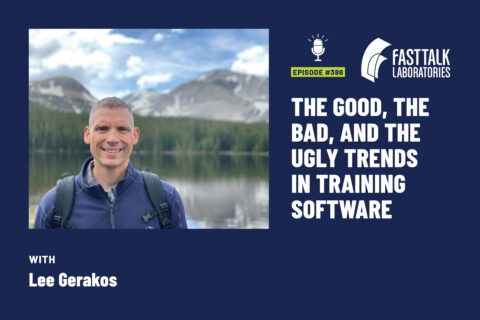
TrainingPeaks CEO, Lee Gerakos, joins us to discuss the current trends in training software and where he thinks they are going.
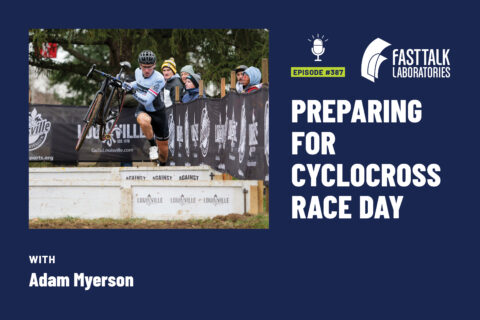
Cyclocross veteran Adam Myerson shares the essential race-day strategies—covering equipment, course inspection, warm-up, nutrition, and tactics—that can make or break your season.
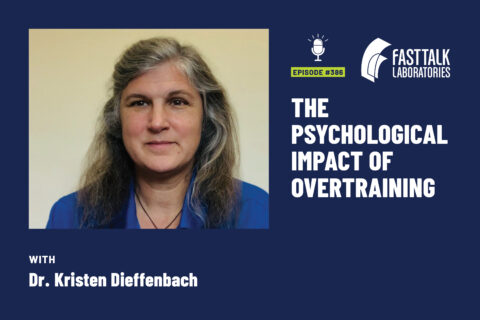
We talk with Dr. Kristen Dieffenbach about the psychological indicators of overtraining, which can often be the more dynamic signs for athletes and coaches to look for.
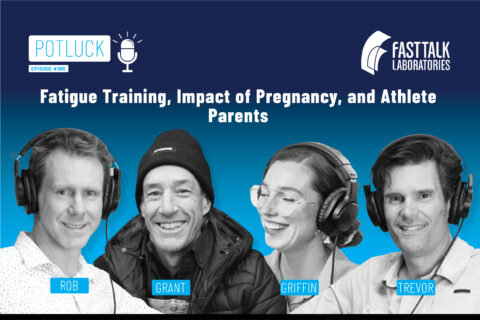
In this week’s potluck episode, we discuss the value of training fatigued, how to support a pregnant athlete, and what we can learn from parents who are professional athletes.
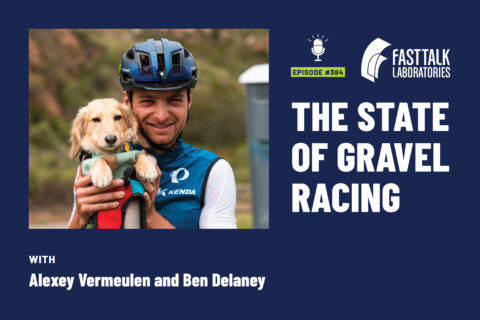
We’re joined by the Michigan-born gravel racer and the longtime cycling journalist to explore the good, the bad, and the ugly of gravel racing and riding in 2025.
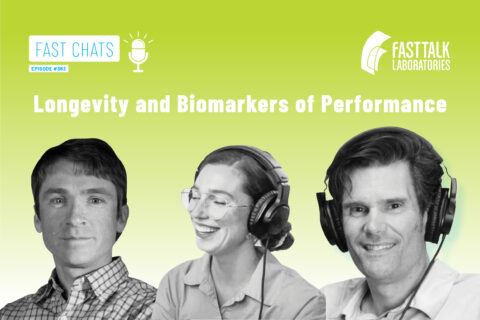
In this episode, we take a critical look at the longevity movement and explore the most valuable—yet elusive—biomarkers for athletes.
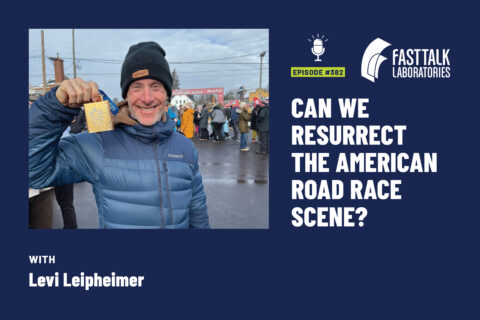
Leipheimer talks with our team about how a new racing model used at the Levi Fondo may be the future of domestic racing.
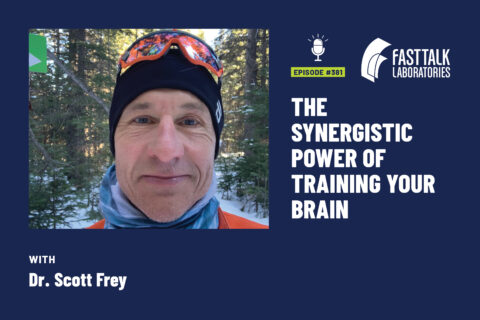
We’re joined by neuroscientist Dr. Scott Frey as we explore the effects of mental fatigue and brain endurance training on performance.
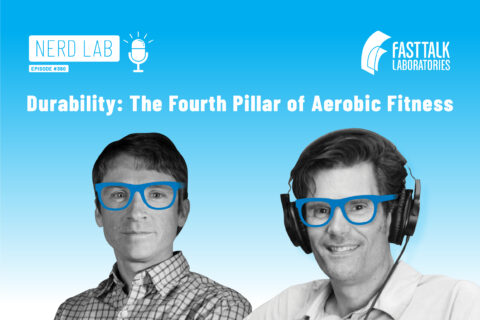
Coaches have known about the importance of durability for years, but researchers are only just starting to catch up. We discuss why it is the fourth pillar of performance.
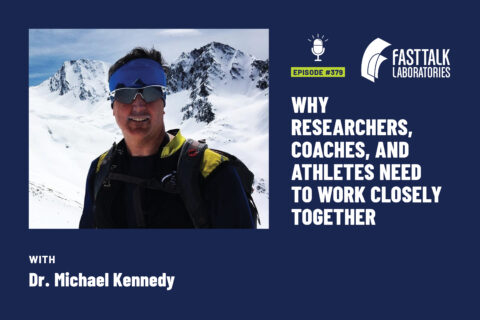
We talk with Dr. Michael Kennedy about his work trying to bridge the knowledge-practice gap between researchers and practitioners.
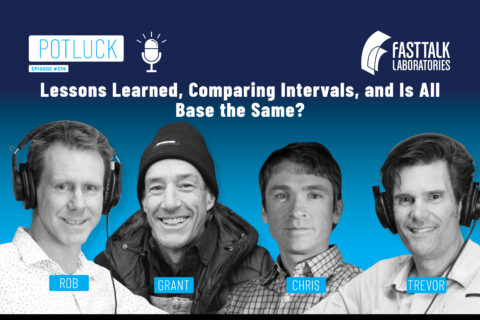
In this week’s potluck episode, we discuss lessons learned from big events, the difference between over-under’s and true HIIT intervals, and whether all base training is made equal.
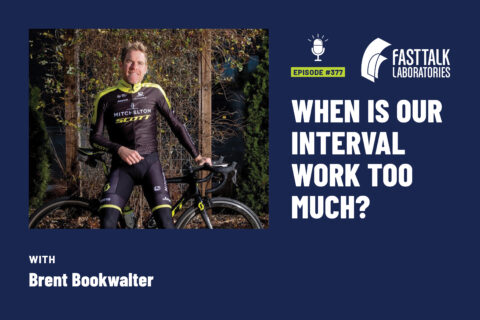
Brent Bookwalter talks with us about the importance of balancing physical and mental resources to get our workouts just right.
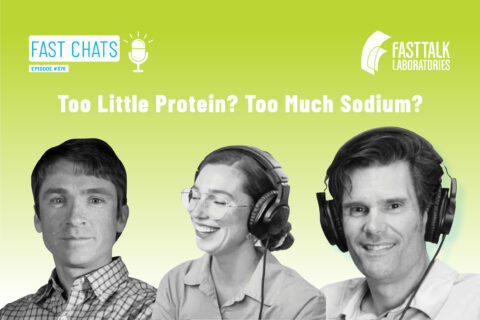
Two nutritional trends have serious health and performance consequences. We discuss the why, what, and how of protein and sodium intake.
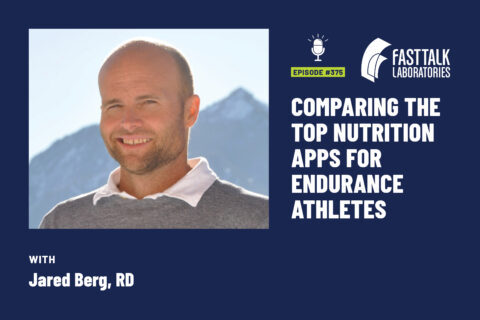
In this episode, we explore how endurance athletes and coaches are using today’s top nutrition apps—and what to consider before relying on them.
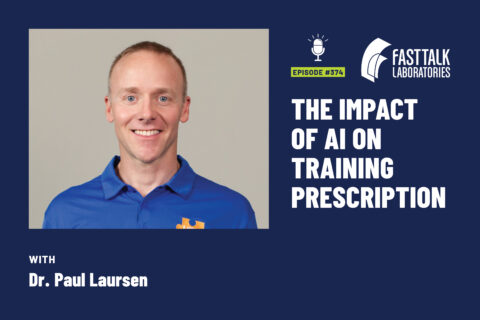
The world of AI is changing extraordinarily fast. We spoke with Dr. Paul Laursen about the current challenges and developments of the technology.
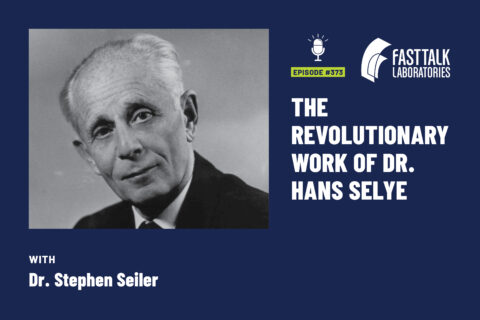
Dr. Stephen Seiler joins us to talk about one of the biggest influences on his own work, Dr. Hans Selye who’s been called the Einstein of the biological sciences.
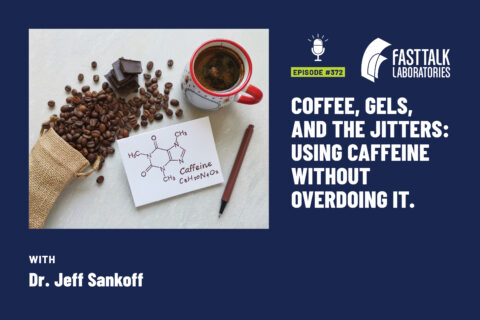
In this episode we explore the science of caffeine in endurance sports—when it helps, when it doesn’t, and how to use it wisely.
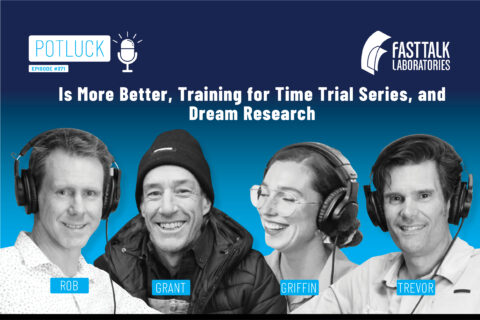
Our hosts talk about why we shouldn’t believe that more is always better, how to build a weekly time trial series into your training, and what research we’d like to see conducted.